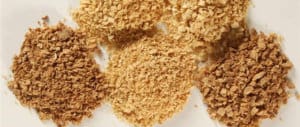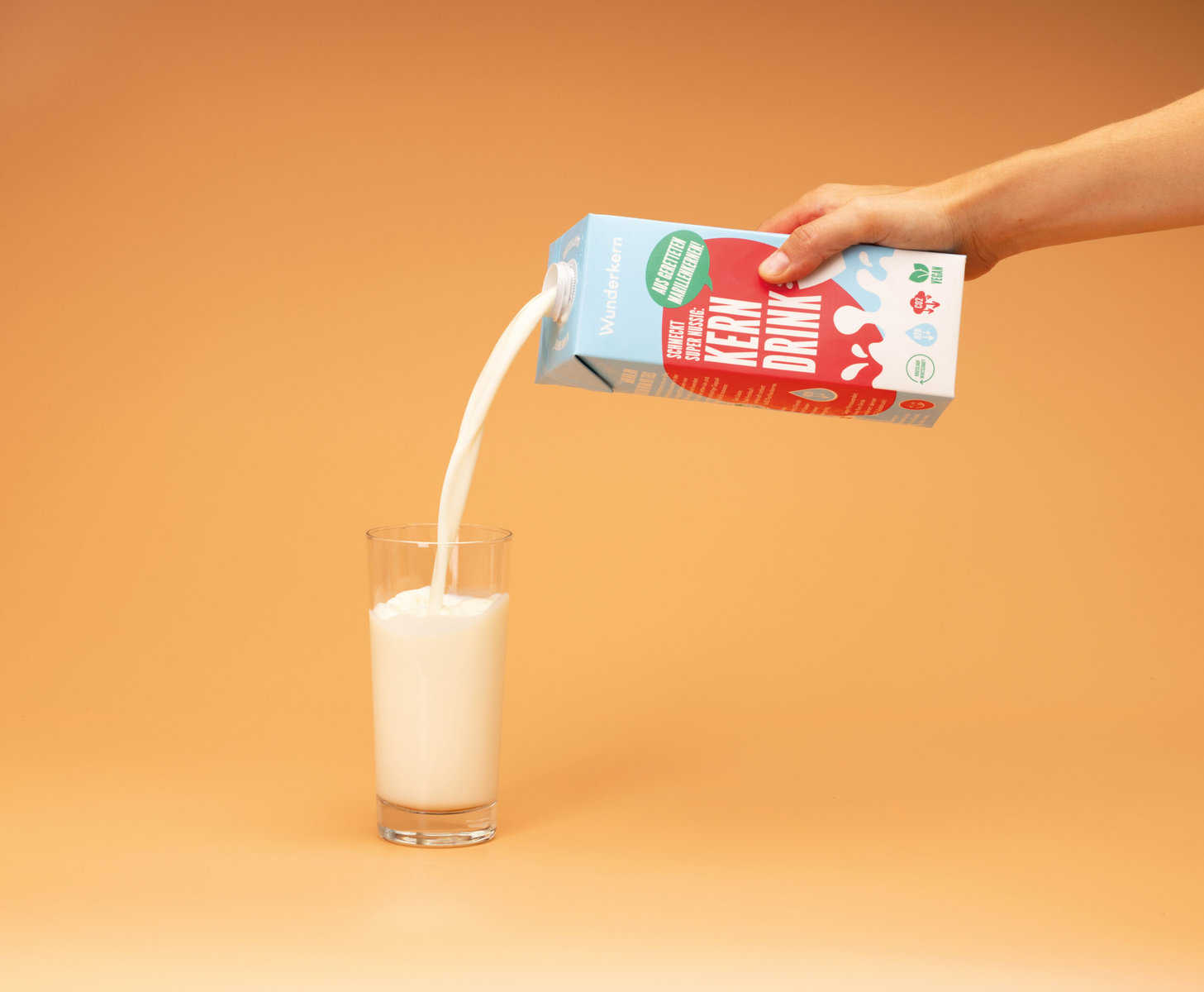A recent report projects that the hydrolyzed plant protein market is expected to reach approximately US$ 1600 Mn by the end of 2019 in terms of value, and is estimated to reach US$ 2600 Mn by the end of 2029. The global hydrolyzed plant protein market is expected to grow at a CAGR of nearly 5% in terms of value from the estimated year (2019) to the forecast year (2029).
There has been an extraordinary demand for cost-effective hydrolyzed plant-based protein in the recent years due to its nutritional applications. Awareness about the health benefits of consuming hydrolyzed plant protein among health-conscious consumers is increasing. Hydrolyzed protein derived from a wide range of plants, such as soy, wheat, rice, pea, and others, is used as an anti-hypertensive functional food. Hydrolyzed plant protein provides all the necessary amino acids and helps in reducing the intake of saturated fat and cholesterol. To prevent cardiovascular diseases, the demand for food added with hydrolyzed plant proteins is increasing. Hydrolyzed plant protein is an effective way of lowering blood LDL-cholesterol, which decreases the risk of heart diseases. These benefits of hydrolyzed plant protein assist in the growth of the hydrolyzed plant protein market in the near future.
Demand from Food & Beverage Sector to Drive Demand
Hydrolyzed plant protein is a vegan protein derived from a variety of natural plant resources and is a key ingredient in the food and beverages segment as a flavor enhancer. Hydrolyzed plant protein is witnessing steady growth in the food and beverages segment. Increasing health awareness regarding healthy food products is likely to boost the demand for hydrolyzed plant protein in the near future. Hydrolyzed plant protein is used in a wide range of industries such as bakery & confectionery, snacks & cereals, beverages, and others. Hydrolyzed plant protein in the food and beverages segment is estimated to hold a share of nearly 55% of the market by value by the end of 2019, and is expected to grow at a CAGR of ~ 5% in terms of value from the estimated year (2019) to the forecast year (2029) in the global hydrolyzed plant protein market.

Growing Vegan Culture and Flexitarian Diet Likely to Increase the Demand for Plant-Based Proteins
Socio-economic changes, such as increased urbanization, consumer awareness about vegan foods, and rising income, are driving the global demand for hydrolyzed plant protein. The urban population is more health conscious, due to which it seeks a healthy diet and convenience food. This is among the key factors driving the inclination of the population toward vegan, natural, and healthy food products. With an increase in the vegan population, an increasing number of firms are trying to adapt to the changing food culture as well as marketing more hydrolyzed plant protein products in the market. To improve their market presence, companies that manufacture food ingredients are increasing their existing production capacity and investing more in new product development. Hence, the growing vegan culture and flexitarian diets are among factors boosting the hydrolyzed plant protein market during the forecast period.
Key Players in the Hydrolyzed Plant Protein Market
Some of the key players included in the hydrolyzed plant protein market report are Kerry Inc., Tate & Lyle, Cargill, Incorporated, Archer Daniels Midland Company, Roquette Frères, Griffith Foods Inc., Kelisema, PEVESA, FrieslandCampina Ingredients, New Alliance Dye Chem Pvt. Ltd., A. Costantino & C. spa, MGP, Ajinomoto Philippines Corporation, Astron Limited, and Aarkay Food Products Ltd. Key competitors that are aiming at increasing their share in the hydrolyzed plant protein market are focusing on the expansion of their existing plant capacities, new product developments, strategic growth plans, and lucrative op
portunities in the global hydrolyzed plant protein market.
These insights are based on a report on Hydrolyzed Plant Protein Market by Persistence Market Research





